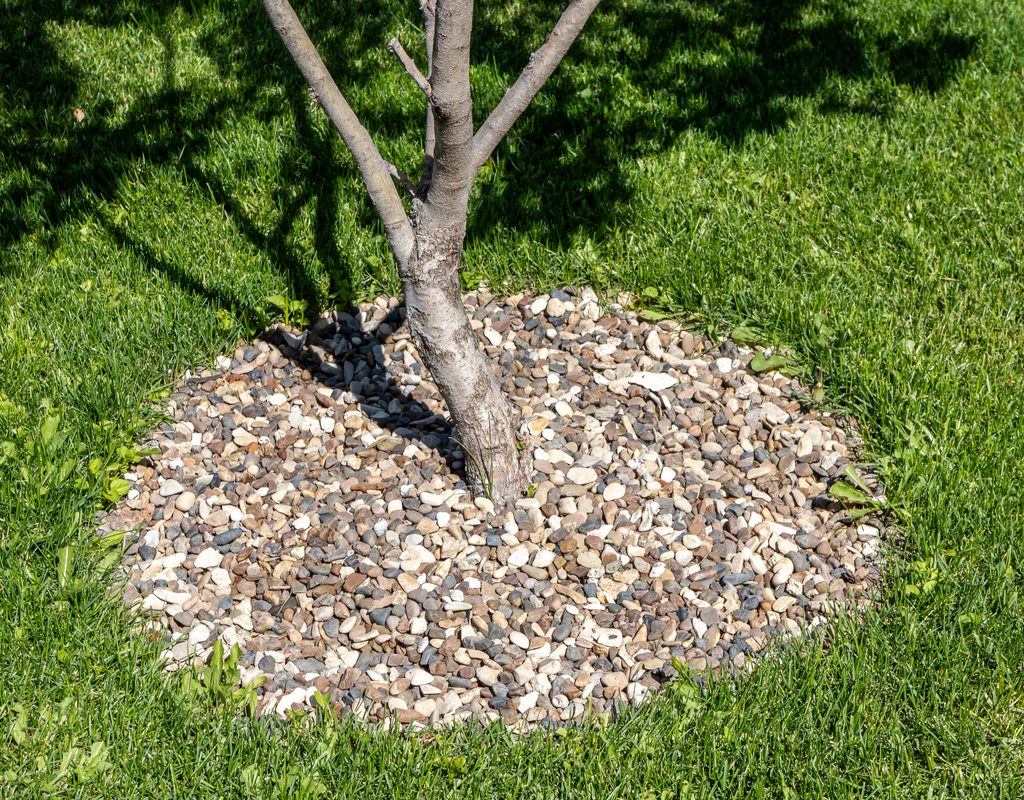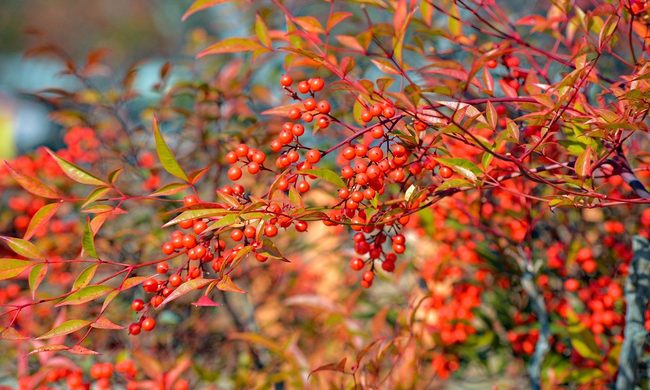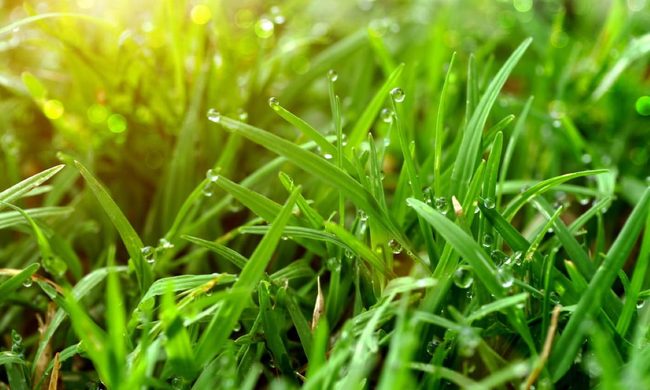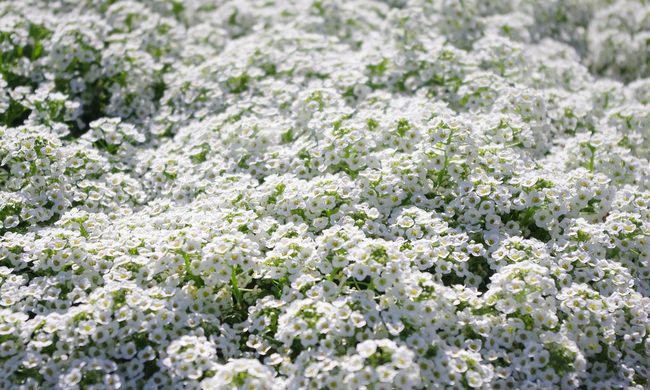Mulch is a versatile and useful tool for any gardener. It helps suppress weeds, keeps the soil insulated, improves water retention, helps reduce fungal infections in plants’ leaves, and it can even look nice. There are plenty of different types of mulch, though, so how do you know which type is best for your vegetable garden? If you’re overwhelmed by all the mulch types out there, or if you’re just curious about your options, then you’re in the right place! We’ll walk you through all the factors that can impact your choice, and even give you an overview of the different types of mulch.
What to look for in mulch
There are a few different things to look for in mulch, depending on your needs. One thing to consider is whether or not the mulch is organic. If you’re an organic gardener and want your mulch to be organic as well, then you’ll need to pay close attention to labels. Organic can mean both made with plant matter and made without the use of artificial chemicals. Many mulches that are labeled as organic actually use the first definition, since there are both organic and inorganic types of mulch. Read the packaging carefully to determine if your mulch is made organically. A great way to avoid this confusion is to make your mulch.
Pet safety is another thing to look for if you have a dog that likes to chew on things. Mulches that are treated with harsh chemicals are an obvious thing to look out for, but materials also matter. Look for finely shredded mulches, so they’re easier to digest, and double-check that materials are non-toxic. Alternatively, use gravel mulch, which dogs are much less likely to bite.

What to avoid in mulch
We’ve already mentioned avoiding mulches that have been treated with harsh chemicals, but it’s worth repeating. If you have outdoor pets who might chew on your mulch or who might roll in it and pick up chemicals on their fur, then this is especially important. Mulch that has been sprayed with chemicals is typically labeled as “treated,” such as treated wood mulch.
Just like the pesticides, you might spray on your plants, chemicals in your mulch have a chance of washing into the dirt or nearby water when it rains. This doesn’t necessarily mean you should never use mulch that has been sprayed or treated, but it does mean that you should be aware of what you’re putting into your garden.
You should also avoid mulch that is old or contains insects. This is more likely to be a problem if you are making mulch at home or reusing inorganic mulch. Old mulch may be partially broken down, which may not be an issue for gravel or organic mulches. However, it is potentially harmful if the mulch is plastic or fabric since pieces or fibers could escape into your soil. Insects infesting mulch that’s transferred to your garden will then infest your garden. While some insects are beneficial, many are not.

What are the different types of mulch?
Organic mulch: Wood chip, grass, straw, and leaf
Organic mulch is mulch made from plant matter. It can be made of almost anything, but the most common forms are wood chips, grass clippings, straw or pine straw, and leaf mulch. Compost can also be used as mulch and falls into this category.
Organic mulch will break down over time, which assists with the clean-up process, as you can simply mix them into the soil once you’re done with them. This means they also add nutrients to the soil. Grass and straw break down the fastest, followed by leaves and finally wood chips. Organic mulch works well as an insulator, especially straw. It’s also the easiest mulch to make at home. Straw or leaf mulch is often the best choices for vegetable gardens, as they break down at a medium pace, contain plenty of nutrients, and are good insulators.
Inorganic mulch: Gravel, fabric, rubber, and plastic
Inorganic mulch is not made from plant matter, but instead from non-living materials like rocks, fabric, rubber, and plastic. Fabric may stand out to you since some fabrics are made from plants. However, it’s still considered inorganic as it takes much longer to break down.
Since they don’t break down, inorganic mulches don’t offer any nutritional benefits to the soil. Additionally, they’re more difficult to make at home and need to be manually removed once you’re done using them. However, they do have the benefit of being reusable if stored properly. Make sure they’re clean and free of insects, then store them in a dry place, preferably in a container. Before reusing it, visually inspect it for signs of damage or pests.
No matter what type of mulch you choose, this guide will help you make sure you’ve got the right one for you. Mulch has plenty of benefits even before you add on the benefits that each type brings to the table. Whether your plants need insulation from the cold, consistently moist soil, or help to compete against weeds, mulch is a great solution.



